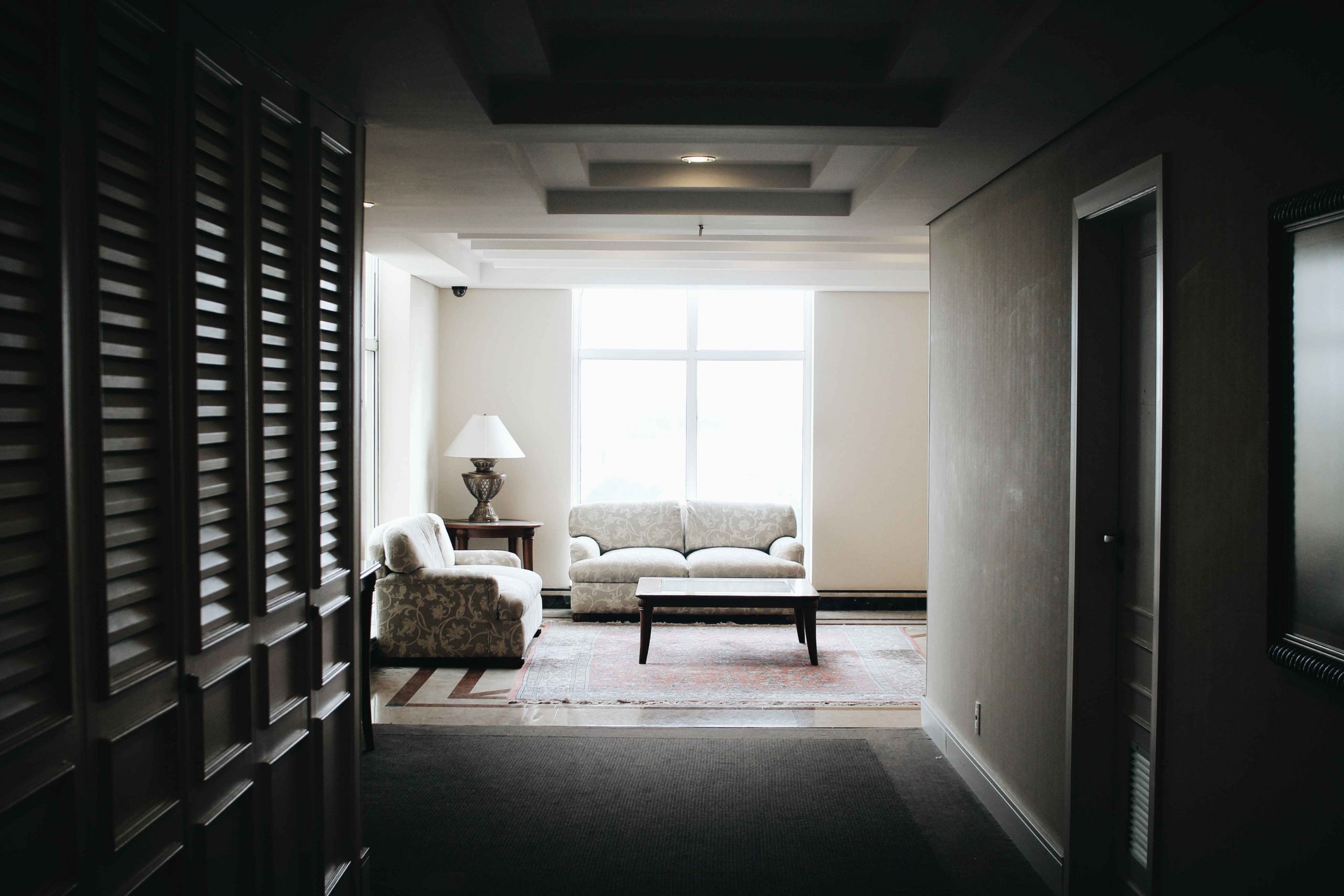


Competing with large-scale international hotel chains is an ongoing challenge for boutique hotels and resorts operating in the Maldives. However, for boutique property owners looking to get on a stronger competitive footing, many of these challenges can be addressed with improved revenue performance spurred by advanced revenue management technology.
Boutique properties rarely have the same marketing budgets and investment in third-party booking channels as global chain hotels. They also don’t have the widely recognised brand name and international loyalty programs to help generate demand. In addition to fewer resources, many smaller, boutique hotels commonly lack experienced, specialised, in-house revenue management talent to drive their pricing strategy. This can result in rooms either being overpriced or underpriced, which ultimately turns guests away or secures guests at a less-than-ideal booking rate for the hotel.
That paints a tough picture. However, today’s advanced Revenue Management Systems (RMS), powered by prescriptive analytics, AI and machine learning enable boutique hotels and resorts to unlock new profits and compete with larger, chain properties in their market.

The ultimate goal of a revenue strategy is to drive profitability. The challenge lies in pricing different rooms through different channels, across different days, to different guests. With unique demand for room or “product” types, revenue technology needs to support diverse buying behaviours by analytically determining ideal prices, inventory controls, and overbooking strategies for different room (or product) types.
If rooms are priced incorrectly, it will have a much more noticeable impact on total revenue performance for boutique or smaller scale hotels. Whereas, if there is a pricing error at a larger chain hotel, it is easier to ‘bury’ the rate mistake or absorb any short-term revenue loss due to a greater volume of rooms and bookings. With smaller inventory properties, managing booking pace and capturing optimal reservations by accepting the most valuable demand across arrival dates and lengths of stay is even more critical.
In a high-speed environment, manually collecting, evaluating, and calculating data via spreadsheets is not only a tedious process, but it’s also slow and highly susceptible to mistakes and missed opportunities. This is where an automated RMS can make a huge difference to both the top and bottom lines of a boutique hotel. Through a series of specialised algorithms and calculations, an advanced RMS automatically assesses hotel performance and market demand and deploys pricing decisions across the distribution ecosystem accordingly. Combined with highly visual user dashboards, an RMS enables team members across the organisation to quickly understand future and current market demand using data at both the market and hotel levels—all of which are vital to delivering and growing hotel profitability.
With their day-to-day responsibilities, workers within boutique hotels also have limited time for strategy, especially if they’re manually managing rates. Technology requiring manual maintenance and implementation of rate recommendations forces users to be less nimble to market shifts, limiting time and resources while hindering productivity. On the other hand, automated pricing and inventory decisions continually optimise and automatically deploy to integrated selling systems. This supports boutique hotels with gaining back time in their day, enabling focus to be redirected where it’s needed most—on strategic opportunities that drive overall property profitability.

Iconic Indonesian boutique hotel, Desa Potato Head, recently underwent a major expansion. The hotel transformed from a 58 suite-only property to a diverse accommodation, now offering 225 units, including suites and studio-style rooms. The rapid increase in room volume and variety presented significant operational challenges while simultaneously presenting new avenues for revenue for the boutique hotel. Additionally, as Desa Potato Head expanded, the property faced volatile market trends and recognised the need for a dynamic pricing structure across different room types. However, executing this was impossible while they remained reliant on time-consuming manual updates and processes.
Desa Potato Head turned to IDeaS and its G3 RMS to help the property adopt an RMS capable of adapting to market trends and fluctuating demand in Bali. A significant appeal was the system’s flexibility, offering a combination of pricing and inventory controls that enable the property to choose from various pricing approaches.
Chaya Kowal, director of revenue management for Desa Potato Head, said, “IDeaS G3 RMS eliminates time-consuming and error-prone manual processes, significantly enhancing our revenue strategy. The system offers unparalleled efficiency, accuracy, and speed in pricing decisions within our organisation. We also love its flexibility in combining pricing and inventory controls, allowing us to choose different pricing approaches. Plus, the intuitiveness of the dashboard has made understanding business and demand analytics accessible to the management team, supporting overall commercial performance.”
Since adopting the IDeaS G3 RMS, Desa Potato Head has experienced significant revenue gains, marked by a noticeable shift in Average Daily Rate (ADR) and room type occupancy, along with a surge in Revenue Per Available Room (RevPAR).
Revenue management technologies offer boutique hotels deep insights into customer behaviour, preferences, and booking patterns. This information is vital to boutique properties, allowing them to tailor their offerings and marketing efforts more effectively, creating personalised experiences that can differentiate them from the impersonal nature of larger chains. These systems also help in optimising the distribution channel mix, ensuring that smaller hotels are visible and bookable across the most profitable platforms.
Through utilising advanced revenue management technologies, boutique hotels can not only compete more effectively with large global chain hotel groups, but also enhance operational efficiencies, improve guest experiences, and ultimately increase profitability.
For more information on how your boutique, or independent, hotel can compete with large international hotel chains through revenue management technology, please visit: https://ideas.com/